democracy (n)
/dɪˈmɒk.rə.si/
a system of government in which people vote in elections to choose the people who will govern them

Prime Minister (n)
/ˈprɑɪm ˈminɪstər/
the main minister and leader of the government in some countries
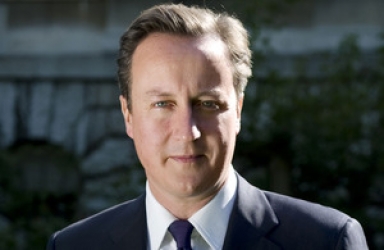
republic (n)
/rɪˈpʌblɪk/
a country that is governed by a president and politicians elected by the people

referendum (n)
/ˌrɛfəˈrɛndəm/
an occasion when all the people of a country or state can vote on an important issue
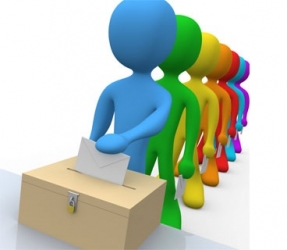
opposition (n)
/ˌɑpəˈzɪʃn/
the political parties that are in a parliament, but not part of the government

cooperative (a)
/koʊˈɑprət̮ɪv/
involving doing something together or working together with others toward a shared aim
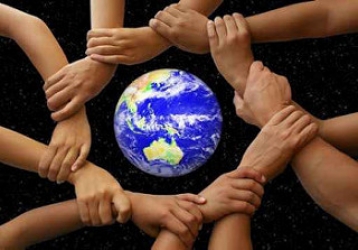
voter (n)
/ˈvoʊt̮ər/
a person who votes or has the right to vote, especially in a political election

manifesto (n)
/ˌmænəˈfɛstoʊ/
a written statement in which a group of people, especially a political party, explain their beliefs and say what they will do if they win an election

capitalism (n)
/ˈkæpət̮lˌɪzəm/
an economic system in which a country's businesses and industry are controlled and run for profit by private owners rather than by the government

socialism (n)
/ˈsoʊʃəˌlɪzəm/
a set of political and economic theories based on the belief that everyone has an equal right to a share of a country's wealth










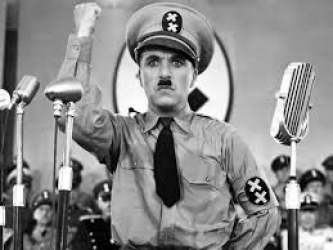




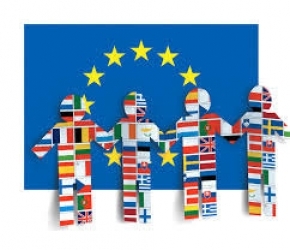
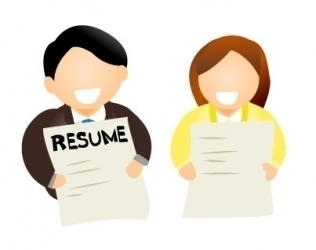
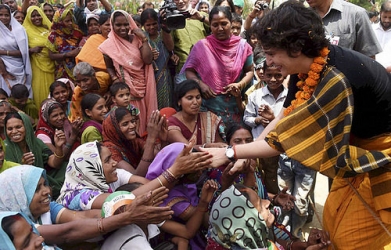

















 Hãy đăng ký thành viên và đăng nhập để sử dụng chức năng này!
Hãy đăng ký thành viên và đăng nhập để sử dụng chức năng này!
Bình luận